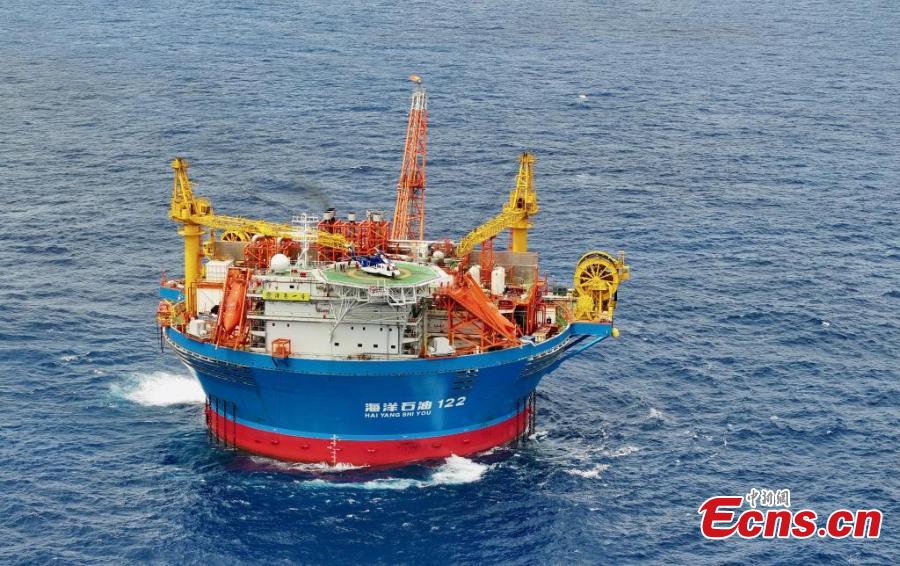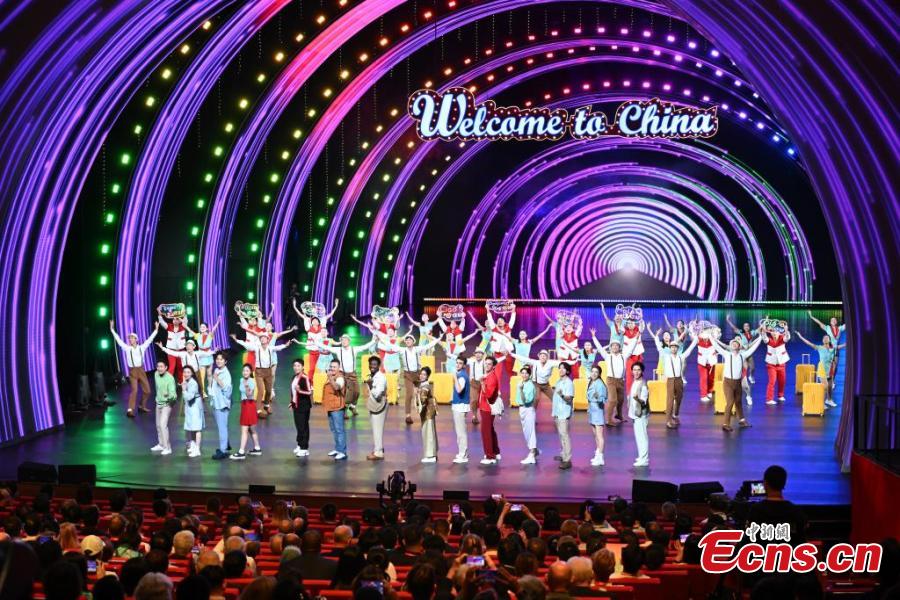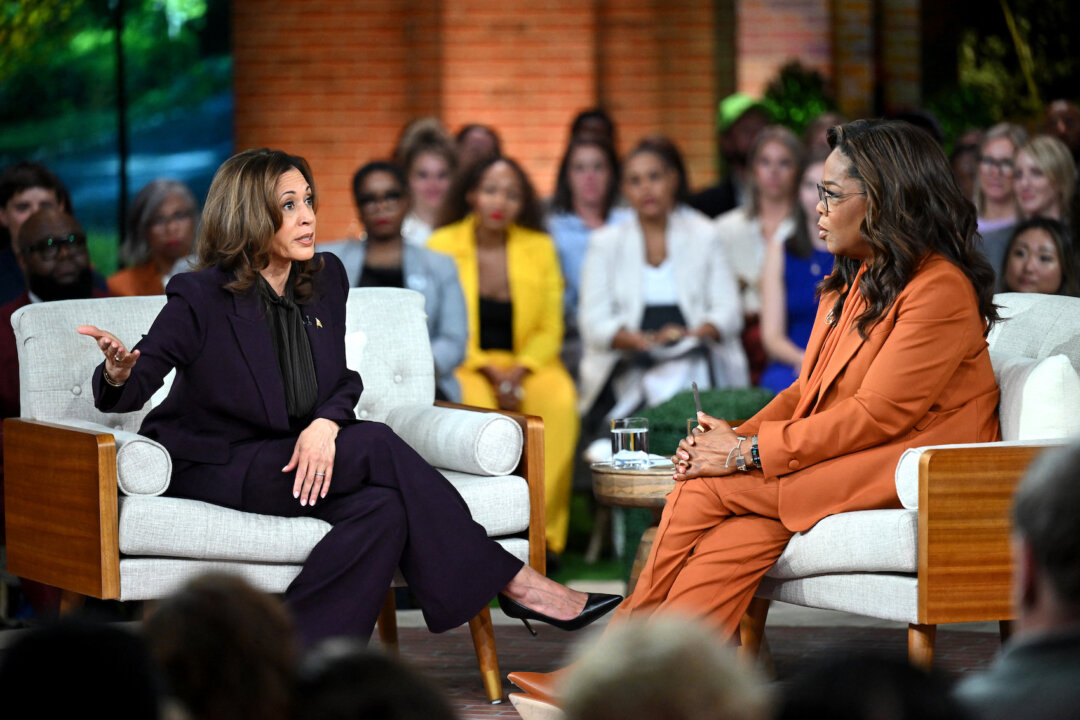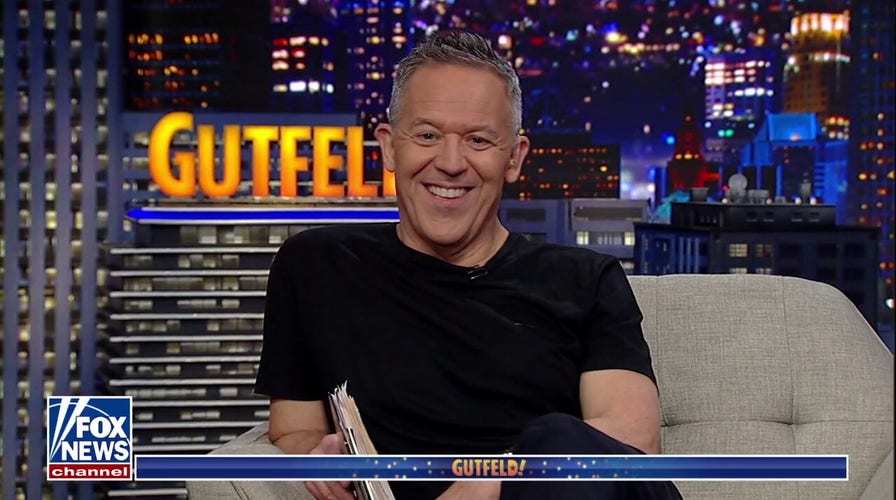
Condoleezza Rice, who was secretary of state and national security adviser to president George W. Bush, wrote a compelling essay in Foreign Affairs: “ The Perils of Isolationism .” Her similarly persuasive subtitle was “The World Still Needs America — and America Still Needs the World.
” Isolation has never been the answer to U.S. security or prosperity.

The last attempt in the 1920s and ’30s triggered the Great Depression and contributed to World War II. Rice asserts that the world today is more dangerous than during the Cold War with multiple adversaries co-operating to joust against the U.S.
and its allies. Principal challenges come from China and Russia, both abetted by the rogue states of Iran and North Korea — four countries with a common cause: “to undermine and replace the U.S.
- led international system that they detest.” It is not like the Cold War because “China is not the Soviet Union.” Unlike the Soviet Union, which was insular and preferred self-sufficiency, China ended its isolation in 1970 and rapidly embraced the economic benefits of globalization, prompting the West to naively believe that economic growth would be a prelude to political liberalization.
Instead, China openly flouted international trade principles. As an avowed Marxist, Chinese President Xi Jinping abandoned economic liberalization and asserted absolute political control. Whereas the Soviet Union required Eastern European allies to adopt Soviet-style communism, China is largely agnostic about the ideological orientation of other states.
China now has the world’s largest navy — more than 370 ships and submarines — and is rapidly accelerating its nuclear weapons capability free of any international constraining agreements. Beyond the military dimension, Beijing is determined to lead the development of advanced technologies — artificial intelligence, quantum computing, synthetic biology, robotics, etc. These technologies, says Rice, will be “the most important source of national power” and more dangerous in the hands of autocrats.
That is why “democracies must win.” Meanwhile, Xi makes no secret about his intentions about Taiwan — still the home of most global chip manufacturing. Although Russia’s massive nuclear arsenal makes it still an adversary of concern, Vladimir Putin’s reckless attack on Ukraine, according to Rice, “exposed the weaknesses of Russian armed forces, which turned out to be riddled with corruption and incompetence.
...
The (war’s) economic toll will haunt Moscow for years to come.” Russia is still “a military giant but a technological and economic midget.” Rice certainly knows Russia well.
That was her academic focus and, when I served in Washington — 1989 to 1993 — she headed the Soviet desk in the National Security Council led by Brent Scowcroft. Rice is even less diplomatic about the Middle East, telling Bret Baier in a Sept. 2 Fox News interview , “Anybody who thinks Hamas represents the legitimate interests of the Palestinian people in any way is delusional,” and, “Anybody who keeps looking for moderates in Iran is also delusional.
” Rice is justifiably concerned about the negative effects of globalization and the declining relevance of global institutions like the World Trade Organization and the World Health Organization. Economic integration, once thought to be a common project for growth and peace, “has given way to a zero-sum quest for territory, markets and innovation.” The macro benefits of globalization have left too many Americans behind, which is why many are disillusioned about their own prospects.
She questions specifically the lack of U.S. leadership on trade, declaring that the U.
S. “has been largely absent from negotiations on trade for almost a decade now. It’s hard to recall the last time that an American politician gave a spirited defence of free trade.
” Populist protectionism is gaining ground. On security issues, public opinion is jaded by the embarrassing withdrawal from Afghanistan and the inconclusive nature of Middle East conflicts. The U.
S., Rice states, is “exhausted by eight decades of international leadership” involving some successes and failures. Its people “are less confident in their institutions and in the viability of the American dream” — undoubtedly why Democrats and Republicans are both courting working-class votes in this year’s elections.
While Rice contends that “great-power DNA is still very much in the American genome,” she offers little supporting evidence. She does cite “internal contradictions” in China and Russia, if not Iran and North Korea as well, as factors that could undermine their global aspirations. There is some good news that should temper the slide into isolationism.
NATO was expanded and strengthened when Sweden and Finland joined. The U.S.
has also successfully established two alliances that provide stronger deterrence in the Indo-Pacific region — AUKUS (Australia, the U.K. and the U.
S.) and the Quad (Australia, the U.S.
, India and Japan). Unfortunately, given the depleted state of our Armed Forces, Canada was not invited to join either group. Rice calls for more robust American military and diplomatic capabilities.
But the U.S. needs to get its finances and its economy in order if it hopes to strengthen its military.
Interest payments on its debt now exceed defence spending, and funds for diplomacy are never a priority. A strong economy underpins much of what the U.S.
can do internationally. Washington should choose future global engagements “more carefully” contends Rice, and, “while allies need to do more all over the world, that does not let the U.S.
off the hook.” Trade agreements should be “less ambitious, more regional and selective.” Most significantly, a real effort is needed “to give people meaningful education, skills and job training.
” Easier said than done however, when the teachers’ unions are more obsessed with their benefits and woke trends of the day than with the quality of education they deliver, and the excellence of once prestigious U.S. universities is fading.
Rice describes the “new Four Horsemen of the Apocalypse — populism, nativism, isolationism and protectionism” — riding together and “challenging the political centre.” She says it’s a trend that only a resolute alliance of democratic, free market states led by the U.S.
can counter effectively. Regrettably missing are political leaders with a strategic vision and the will to meet the challenge. National Post Derek H.
Burney is a former 30-year career diplomat who served as Ambassador to the United States of America from 1989-1993..














